 Oz John Tekson
Oz John Tekson
When we decided to move to France, one of the biggest decisions was where to send our kids to school. International bilingual? (Too expensive.) Private Catholic? (Too Catholic.) American Montessori? (Too American.) Public French school? (Perhaps too…French?)
We opted for total immersion in our neighborhood maternelle, the French equivalent of preschool + K. And so our adventure in French schools began. What we’ve found has been a cultural education in itself, surprising, occasionally maddening and enlightening all at once.
 Boston Public Library; Eliza Dudnikova
Boston Public Library; Eliza Dudnikova
School is free. For Americans and Brits accustomed to shelling out thousands for private education, this was a most welcome change. No more paying $800 per month for our three-year-old to attend morning preschool. No more monthly kindergarten fee (even at the local public school). School was free! It was hard to imagine.
The Napoleonic dream. The French system is indeed rigid, disciplinarian and devoted to the teaching method envisioned by Napoleon. Kids are not so much taught as trained – to absorb information by memorization and dictation with an eye toward shaping little French citizens. Where was the individuality? Creative problem solving? These were American constructs with no place in a system with only two answers: right or wrong. Hmm.
 Karen Booth; Carams
Karen Booth; Carams
Le Menu de la Semaine The state-sponsored lunch service (“la cantine“) surprised and delighted us with its weekly menus rivaling a Michelin-starred restaurant. A sample daily menu, including four courses, might include:
Salade de pomme de terre/tomates
Escalope de poulet à la crème
Duo carottes / salsifis
Yaourt aromatisé Poire
Pain / fromage Jus de pomme
At least one day per week is strictly bio (organic). And no menu is complete without the daily “suggestion du soir,” the recommended dinner selection to prepare at home to complement that day’s dejeuner. The scene at the cantine is something to behold: Groups of preschoolers sit at small round tables, their place settings complete with porcelain plates, bowls and glasses. They spend no less than 45 minutes a day a table. Just like the States, non?
 Carams; Anabel Fernandez de la Rosa
Carams; Anabel Fernandez de la Rosa
Becoming bilingual. From day one, our kids’ American-ness made them curiosities, especially my son who had no trouble initiating play that rendered verbal communication superfluous. Chasing, growling and wrestling required little more than a grin and before long, he was greeted each morning by excited shrieks of, “Cole! Attrapes-nous!” (Catch us!)
Simple skills and phrases came quickly, like “ca c’est a moi,” (that’s mine) and Cole’s personal favorite, “A L’ATTAQUE!” (Attack!), which he would yell while brandishing a styrofoam sword, careening down the halls of our apartment.
A year later, both kids are nearly bilingual and speak French with no trace of an American accent. Although we speak English at home, they often play and interact in French, something that has taken me quite by surprise. They come home with new French songs and playground taunts and even know some French words they haven’t yet learned in English. I realize that not only are they becoming bilingual; they are actually becoming culturally French. They may even someday need tutoring in their native tongue.
 Roger G1; Carams
Roger G1; Carams
French or folly? Some of it strikes me as plain silly. On days the kids have gym, for example, parents are told to send along a change of clothes, “since you wouldn’t want your children wearing gym clothes all day.” My son was once forced to sit on the sidelines because his pants (cotton chinos) were deemed inappropriate for sport. The school’s extracurricular activities are different, too: English, Chess, Mime. Really.
Yet they’ve taken several field trips that have been world-class: The Pompidou Center; Musee Bourdelle (including a visit to the on-site atelier where the kids created their own sculptures); and a nearby school for the deaf where students were introduced to learning for special needs. These strike me as profoundly Parisian and enriching in a way that no education they’d get at home could be.
Despite it all, I still worry. How will their creativity, individuality and spontaneity thrive in a system that prizes conformity and competition? Will they retain what’s best about the U.S. – its optimism, energy and entrepreneurial spirit – as they become day-by-day des petits francais? But then my son brings home his poetry notebook and recites something wonderful he has learned by heart. At those moments, I’m grateful for our very French education.
Written by Paige Bradley Frost for the HiP Paris Blog. Looking for a fabulous vacation rental in Paris, London, Provence, or Tuscany? Check out Haven in Paris.

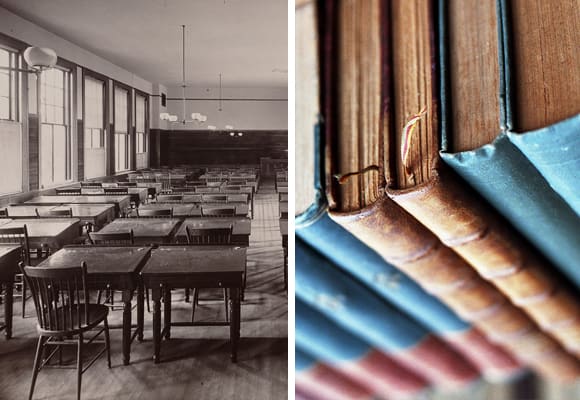

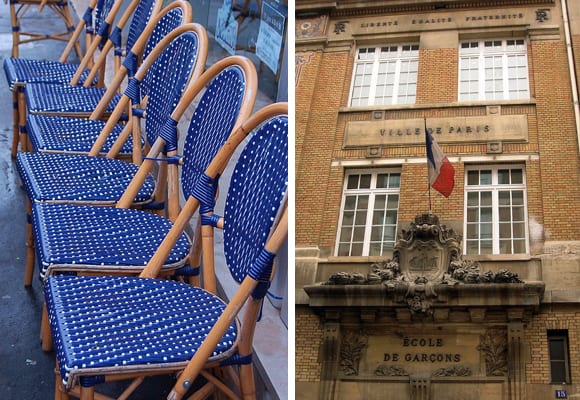
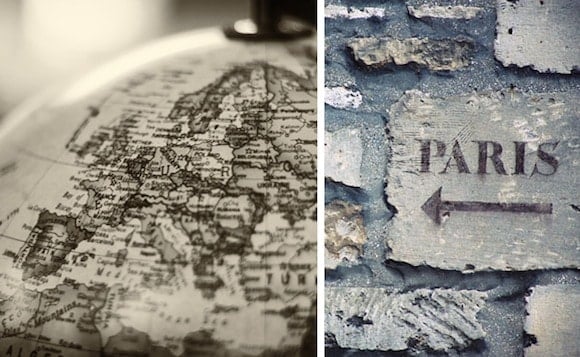




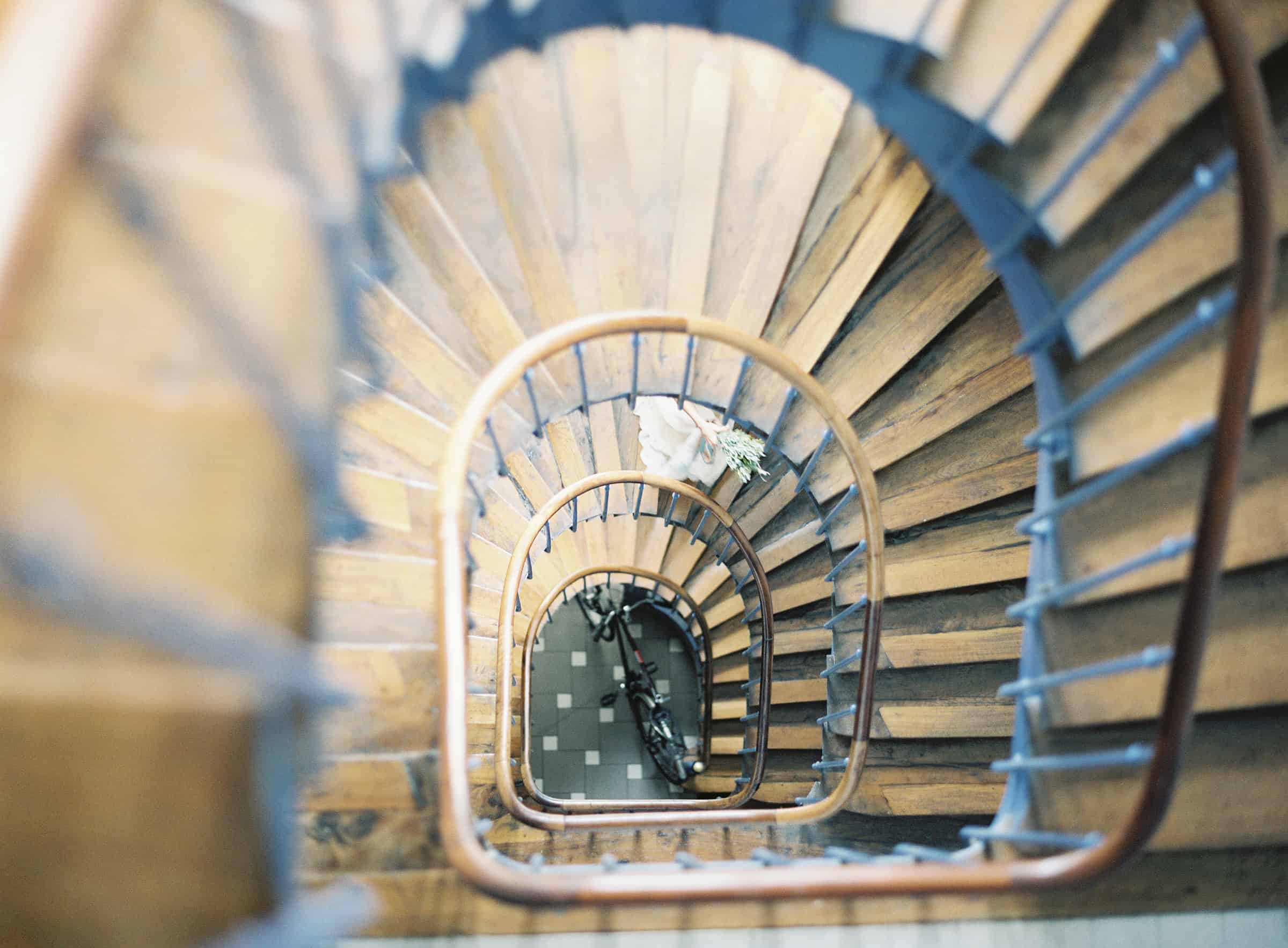









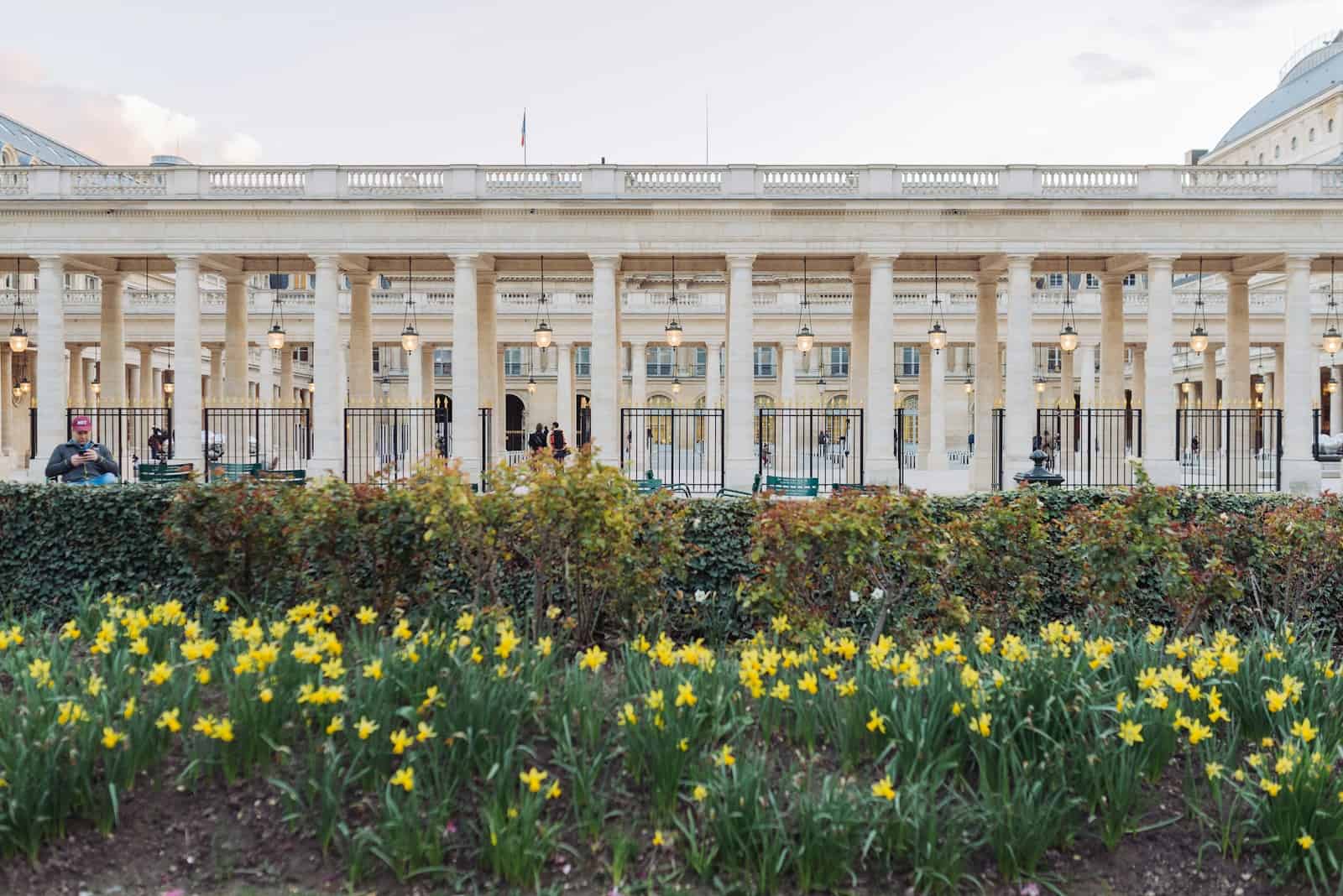
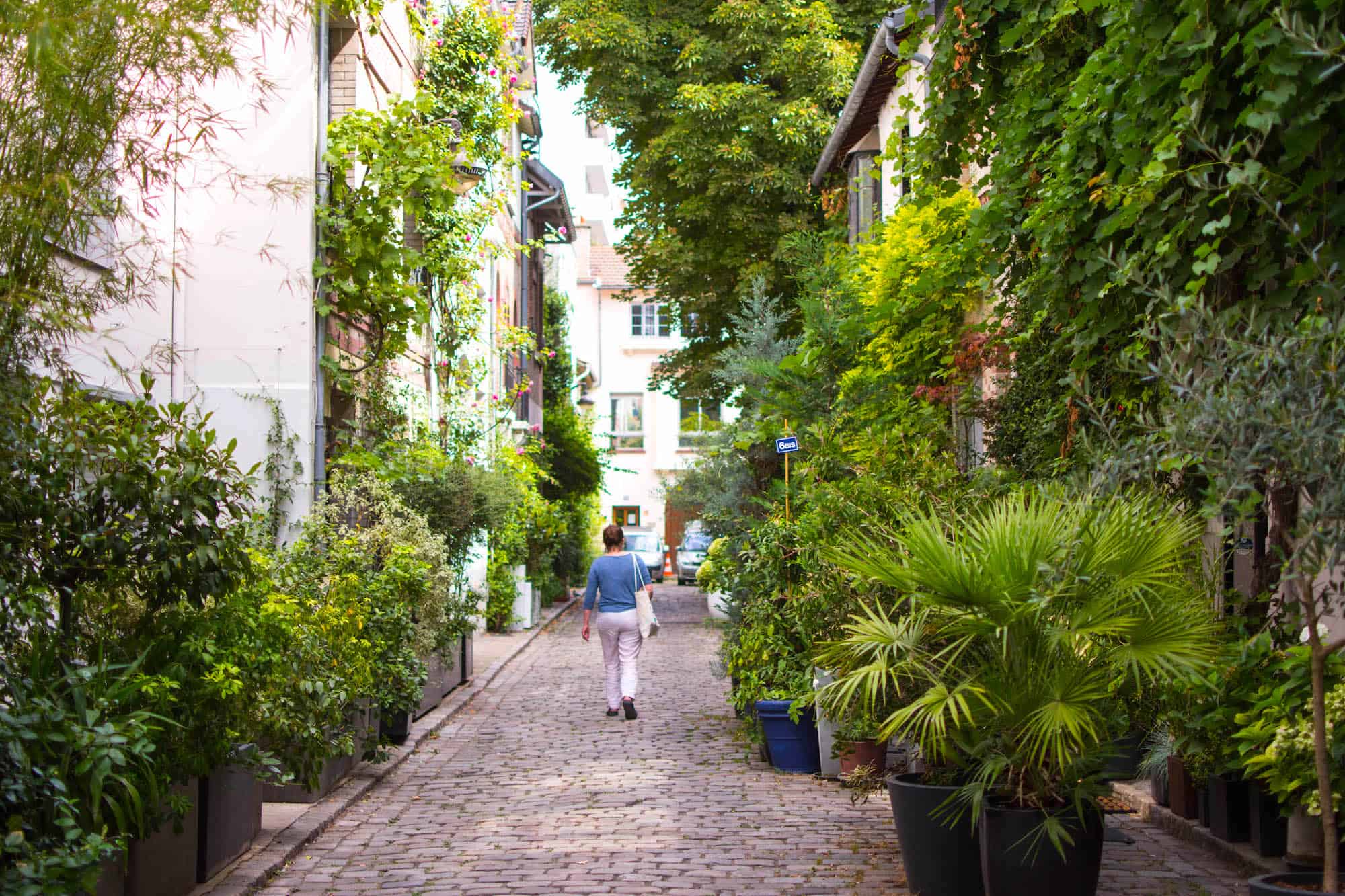





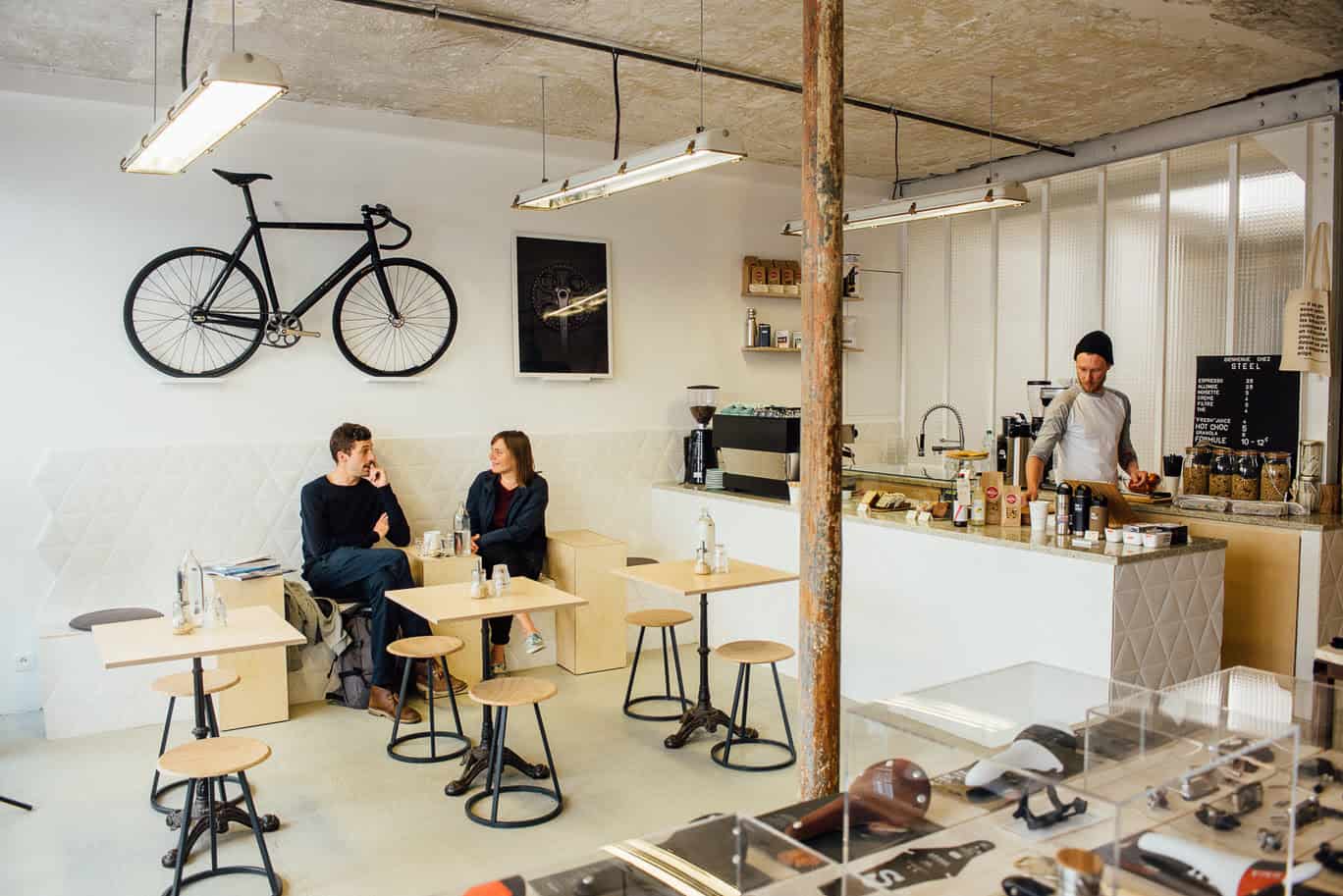

MClayton,
Thank You do much for your insightful post! I have been scouring the web for some of the information that you have provided. I will be in arriving in France for a one year stay in September and I have three children ages 14, 12 & 8. I have been so concerned about their schooling and I appreciate your input, especially about the “sous contrat” vs. “hors contrat”.
Paige-
You are an inspiration! We wanted immersion for our kids, but worried so much about traumatizing them. In the end, we followed your lead (also in Paris). Here’s our school experience (we’re still here experiencing it). Hope it helps someone!
We are American, recently moved to Paris for one year. Our children don’t speak french, although our oldest (14) had it in school two years. We wanted our kids to have an experience of cultural immersion, and didn’t know how to manage that without linguistic immersion. We chose Ecole Jeanine Manuel for our oldest because he’s 14 and academics are critical, although it’s very international so less culturally french than perhaps we wanted. He luckily was accepted at EJM and loves it. It’s been so easy socially because the other kids all speak English. He’s had no problems academically, although we’ve heard anecdotally that it can be a pressure cooker for some kids. We chose a different school for our younger two children (6 & 9) because we wanted them to have a real french immersion experience but not be traumatized by it. (If you don’t know what I’m talking about, read “Bringing Down Bébé” a recent article in Vogue). I did exhaustive research on schools from the US and had a really hard time finding a suitable school to meet the needs of the younger two. In addition to wanting immersion and a gentle social environment, we wanted a school “sous contrat” with the French Education Ministery. There are two reasons to want “sous contrat”. One is that the curriculum and standards are monitored by the state. The other, which surprised us, is that the schools are much cheaper than “hors contrat” schools.
I finally discovered a tiny Montessori school that fit our criteria. It’s called Horizon Montessori. Academically rigorous, gentle socially, “sous contrat” with the state to guarantee traditional benchmarks, and a high percentage of international kids (albeit fluent in french). Our younger two are thriving! And they are learning french more quickly than their older brother at EJM because they are immersed in french socially as well as academically every day. Unfortunately it’s in the 13th arr and we live near the 3rd, so it’s a commute on the métro in the morning. That said, seeing our kids thriving in a french school makes it worth the hassle. I hope some of this info helps!
Haven in Paris,
Thank you for the advice! You are right! It would be a shame! I am definitely going to go!
Nicole
I am considering accepting a position as a professor in Paris, France for one year or more. My concern is that I have 3 daughters ages 13, 11 and 9. They have no knowledge of the french language and I do not have the money to pay for example 29,000 Euros a year for the American High School in Paris. I am concerned about sending them directly to public school, especially the oldest two because they would find it very difficult adjusting (language-wise) and learning their lessons. I do not want to “set them up for failure.” Please advise on what I can/should do.
I have not personally attended French schools, but know many people who have. They are generally excellent and provide a high quality education. Your children will learn the language quickly as children do. You can put them into an immersion program asap, or over the summer. It would be a shame to have them in France not speaking the language. They will gain a skill that will last a lifetime. Good luck! – EBB
Hi Paige,
Your writing helped me a lot, thank you!
We moved to Northern France in January and the same month my daughter who is turning 4 this month started school. Unfortunately I do not speak french at all and it just does not want to stick in my head. I do understand a lot of things though. Anyway, after 5 months of school my daughter barely knows the language but she enjoys to go to school very much, she picked up some words but more like understanding it than speak it. Summer break is starting in 2 weeks, do you have any suggestion how could I help her learn the basics? Any video you recommend? No books please I can not pronounce out of them at all. Any video game or application that is educational?
She just got her evaluation from school and my heart breaks because she knows all of the things that they are evaluating but because the language issue she needs to strengthen.
Thanks for the tips Paige! We just set the kids up in a local Creche for now and my son will attend a summer camp. It is hard not having them in a school as you said but I’m hoping some time in daycare will give me a break and will be fun for them. Thanks for the tips on how to get connected! We’ve enjoyed your blog. Thanks
Hi Carissa,
I can imagine that it’s difficult to meet others families since your kids aren’t in school. I was amazed how few activities there are for kids here during school hours. Even the playgrounds are empty! It is just assumed that ALL kids (even preschool ages) will be occupied from 8:30-4:30 daily. That said, I found Message to be a lifeline during our first couple of months here. They hold regular get togethers in every neighborhood and the website is a great resource. I think it’s your best option given your short stay. The American Church or American Cathedral are also good resources. The American Library in Paris also runs kids story times (membership is required) and you might check out the children’s section at WH Smith on rue de Rivoli for readings/events. I hope that helps! Good luck and enjoy Paris.
Hi Victor,
Your first step would be to go to the local marie where you will be living in Paris with your lease (and ideally, your EDF bill or another home utility bill as proof of residence). You would register your children at the marie (other documents may also be required, such as proof of their previous schooling and medical/vaccination histories) and then arrange to visit with the director of your local school. The marie will provide the name, address and number. Public school is indeed free! The process was simpler than I expected but may vary somewhat by neighborhood. Good luck!
Hi Paige,
We’re an American Family in Paris and we’re having a hard time meeting other American or english speaking families with kids the same age as ours (boy age 4, girl age 2).
We’re only here till the end of August 2014 (arrived in April), so school enrollment for my 4 year old was ruled out by the Mairie of the 16th (where we live). We’ve signed up for Message Paris and plan to visit the American Church this weekend.
Super grateful if you could connect me with other families or moms or give us any guidance.
Hi Paige,
I’m a professor in Toronto and will be going on a sabbatical stay in Paris for 1 year (July 2014-June 2015). I have twin 9 year olds in french immersion (grade 3). I want to enroll them in a regular public french school for the upcoming school year. I have a lease for a year. Do I just need to show up to the school with the lease to get them enrolled? How far in advance should I connect with the public school? Are the public schools free? Any advice would be very helpful. Thanks and I really enjoy reading your articles.
Hi Ian,
If you are legally residing in France, your children should be entitled to attend the local public school in your neighborhood. Your first step will be to visit the Marie where you live and inquire about the required documents to enroll them. You will need to show proof of residency (a lease and usually a utility bill) and documents on the kids. You will then most likely need to contact the school director to arrange a time to meet and see the school (but don’t expand a grand tour!) You may find, however, that this may not be worth the effort for such a short period and at the very end of the school year. In my experience, there’s little you can do in advance (meaning before your arrival) with public schools. Private/bilingual schools all post extensive info about their admissions processes online. Good luck!
@ian, in Lille(and probably in most large cities) you have to enroll your kids in school through the town hall. You also need to be in touch with the director of the school. There is a bilingual section in a public school here in Lille as there also is in Paris. I have no idea how it works for a 4month stay but I imagine it might be pretty tough to get a place. I know for instance that school my kids are in is full and getting a place mid-year or if they aren’t coming in from the get go, is nearly impossible.